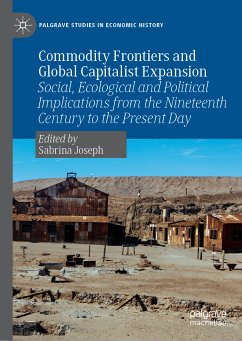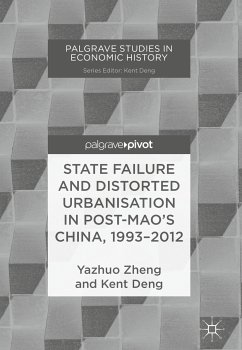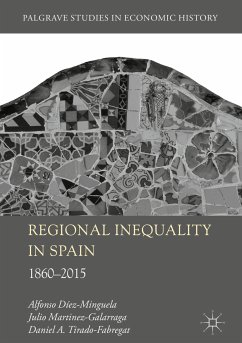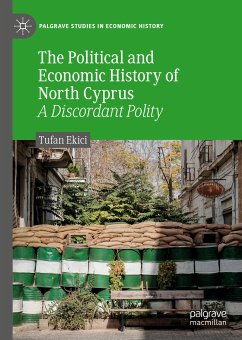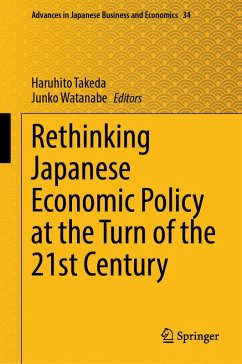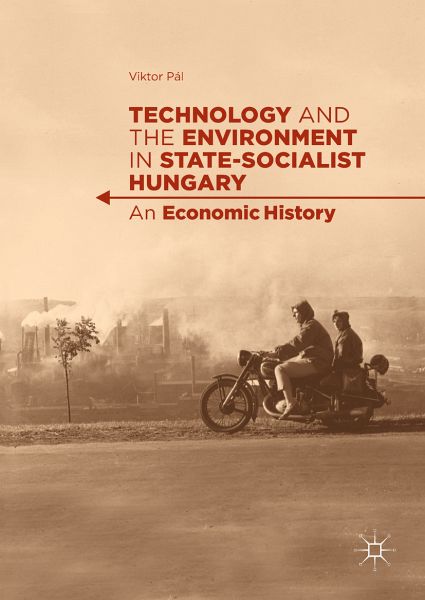
Technology and the Environment in State-Socialist Hungary (eBook, PDF)
An Economic History
Versandkostenfrei!
Sofort per Download lieferbar
88,95 €
inkl. MwSt.
Weitere Ausgaben:

PAYBACK Punkte
44 °P sammeln!
Traces the development of environmental consciousness in twentieth-century Hungary Highlights the contradictory and irrational relationship between the natural environment and technology in modern Eastern Europe and states under authoritarian rule Contributes to ongoing scholarly debate on the economic, technological, and environmental performance of authoritarian regimes
Dieser Download kann aus rechtlichen Gründen nur mit Rechnungsadresse in A, B, BG, CY, CZ, D, DK, EW, E, FIN, F, GR, HR, H, IRL, I, LT, L, LR, M, NL, PL, P, R, S, SLO, SK ausgeliefert werden.



